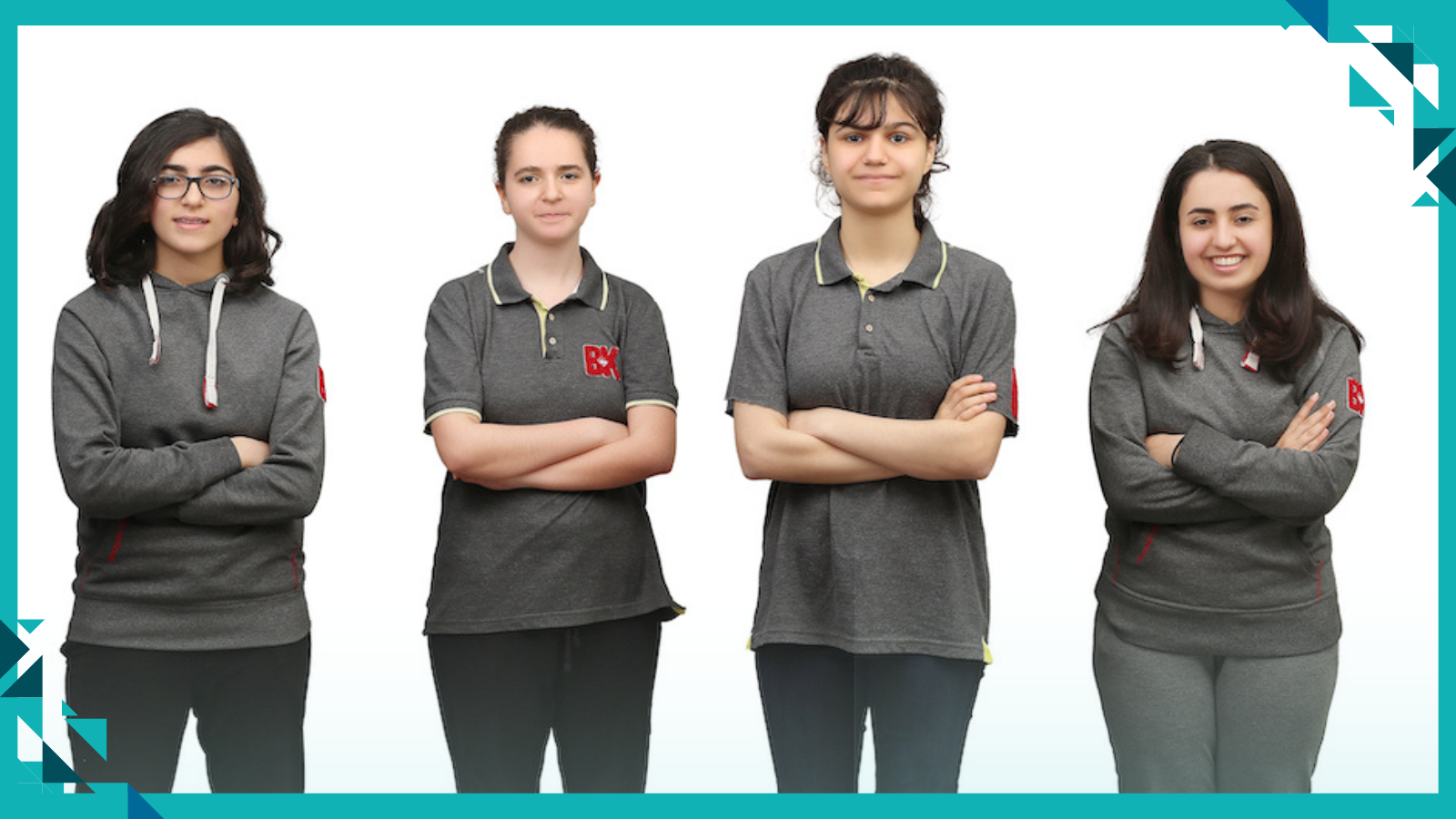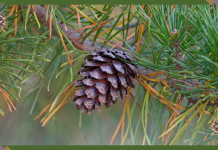The Earth Prize has announced the winner of its $200,000 environmental sustainability competition.
The Earth Prize named Team Delavo victorious in its 2023 edition of the competition. Comprised of four young women, Yagmur, Avjin, Damla, and Irmak from Diyarbakir, Turkey, Team Delavo looked to tackle the issue of wastewater associated with laundry.
The young women were inspired by the issue of water scarcity from droughts in the nearby Tigris River basin. The teens realized how communities like theirs are affected by water pollution and decided to take action. Their team name further highlights their mission. “Delavo” means freshwater in Latin and means to clean up and wash in Kurdish.
Determined to prevent water pollution, particularly from microplastics, the young women identified laundry machines as a contributor to the plastic pollution problem, with the machines shedding harmful microfibers in their wastewater.
Recent research has shown that microfibers are the most prevalent type of microplastic found in the environment.
Globally, scientists believe that textiles are responsible for roughly 35 percent of the microplastic pollution found in the oceans. When washed, clothing and other linens often shed small fibers. Synthetic fabrics such as polyester shed tiny fragments of plastic.
For every load of laundry, roughly 20 gallons of toxic wastewater contaminate the soil and groundwater. A 2019 study found that U.S. and Canadian household laundry alone accounts for an estimated 878 tonnes of plastic microfibers, equivalent to the weight of ten blue whales.
The teens created a device, which they coined “ECaundry,” to treat and reuse wastewater.
Once the ECaundry is implanted in the washing machine, its integrated hollow ultrafiltration tubes and carbon filter treat and reuse laundry wastewater, conserving more than 90 percent of it.
Currently, their project centers on their region in Turkey, but the team hopes to expand the use of their device to other markets.
For their innovative design, Team Delavo has been awarded the grand prize of $100,000 to split between their team members and school, Diyarbakir Bahcesehir College for Science and Technology High School.
“This moment feels unreal,” said Damla Aslan, a member of Team Delavo. “We are so grateful because we all worked so much for this. We are ecstatic to see that it really paid off!”
“This means so much to us! We found the submission process quite difficult as we are very restricted by geographical and financial boundaries. We did not expect to be the winners,” stated her teammate, Avjin Aktop.
In addition to the grand prize of $100,000, the Earth Prize also rewarded three runner-up teams with $25,000 each for their schools.
- Team Agripod (Leicester Grammar School, United Kingdom): The team created a soil data collection advisory system to aid farmers in reducing fertilizer use. The system guides farmers on the best time to apply fertilizers, resulting in a substantial 70 percent reduction of fertilizer waste.
- Team Bactoplastics (Winchester College, United Kingdom): The team created a novel, cost-effective method of producing biodegradable thermoplastics to substitute petroleum-based plastics for packaging.
- Team Agrivision (Polytechnic School, USA): The team designed a high-tech system to measure agricultural plant health using hyper-spectral imaging to identify signs of disease during early, treatable stages to reduce crop losses.
The Earth Prize also named Kathy Dada, a chemistry teacher from Lebanon, Educator of the Year for her dedication and outstanding contribution to environmental education. Dada was awarded $10,000.
Launched in 2021 by the Geneva-based Earth Foundation, the prestigious prize offers students around the world the opportunity to submit their solutions to our planet’s environmental challenges. The initiative aims to empower young change-makers and formally recognize their solutions to drive positive change and innovation in environmental sustainability.
More than 1,270 student teams registered from over 1,000 schools across 116 countries and territories for this year’s competition.
To learn more about the competition and this year’s winner, please visit The Earth Prize.







